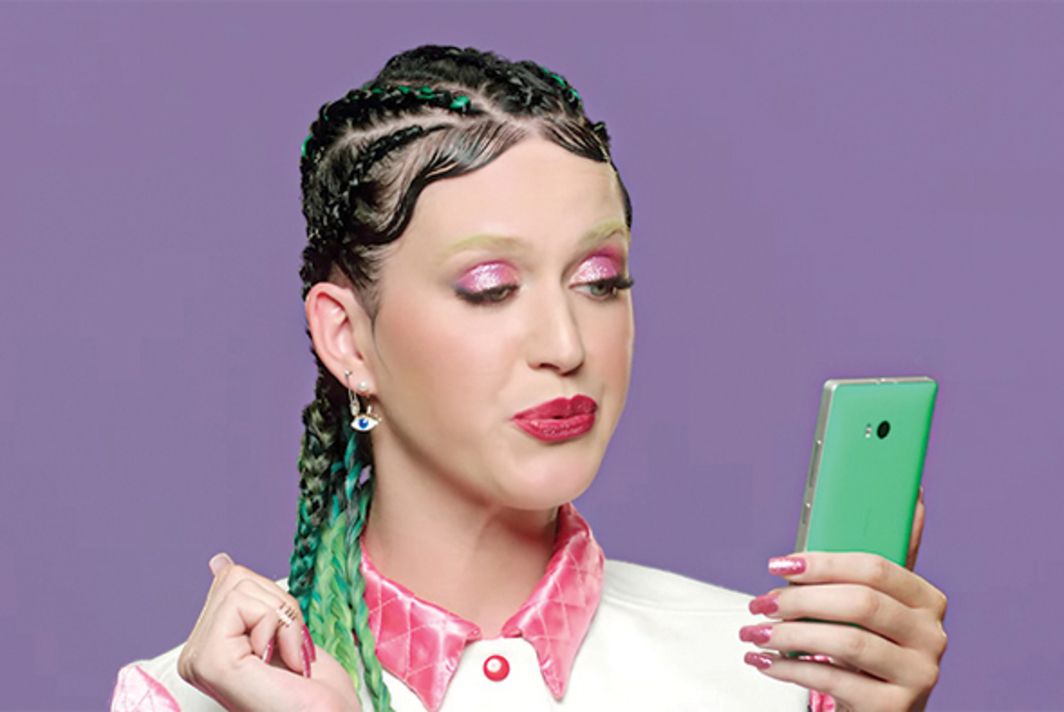What the Left gets Right: Appropriation is wrong

As I mentioned in my last newsletter, I'm going to reflect on the anathema called appropriation. The Radical Left trains its adherents to be hair-trigger sensitive to cultural appropriation; adherents are to immediately and strongly stand against anything that gives off even a scent of, as Wikipedia summarizes, "the inappropriate or unacknowledged adoption of an element/s of one culture or identity by members of another culture or identity." Your "double standard" meter might be going off right now, especially if you read my last post about the unacknowledged revising of the dictionary in the name of one identity ("the marginalized") by another identity (the self-appointed keepers of morality). That's for a different post.
Today, I'm reflecting on how I still agree with the Radical Left's position against cultural appropriation. This is one reason why I stood up against a former writer's group's attempt to make identity proprietary: that is, to start adjuticating who would be "allowed" to write what kind of character: should men be "allowed" to write female characters? Should straight authors be "allowed" to write characters who are members of the LGBT+ community? (Notice that the questions only go one way: of course women should be "allowed" to write male characters. Of course gay authors should be "allowed" to write straight characters). I was and remain against any of that nonsense: I'm against writing any character badly, but I'm also against siloing identities of characters to match their authors.
Doing so would decrease the quality of writing (and thus what's available to read) and it would further entrench the false divisions the prevailing social and cultural agenda is continuing to beat into every square inch of society. But, since I'm against writing bad characters, I'm for writers doing the necessary research to create realistic characters no matter what their identity or the identities of their characters are. That means writers have to educate themselves, get to know cultures and customs and ways of thinking unfamiliar to them, which increases understanding, empathy, and familiarity with other cultures. This is what the Radical Left claims to want: that (insert privileged identity here) people "education themselves," is it not?
Fiction/reading about people unlike yourself is a very effective way of increasing empathy as well. But it will be much less so if writers are only allowed to write characters that share their identities. "Write what you know" does not work here if we are to expand our society's bandwidth for diversity. Limiting writers to characters that match their own identities not only continues to force people to focus on identity (rather than, say, service, or purpose or others or any number of much bigger and more important things in the world), but it will work to solidify the divisions in our society, which are arbitrary and toxic, rather than heal them.
It is because I agree that cultural appropriation is so wrong, then, that I have to ask: why does it seem like gender appropriation is not only okay but mandated? Why is a genuine compliment regarding someone's hairstyle or clothing if they happen to be of a different cultural background than us considered a "microaggression," but society demands I watch (not even in silence, but in affirmation) men like Dylan Mulvany, et. al, parade around claiming to be women, humiliating and mocking femininity and womanhood? Why is cultural appropriation (rightly) vehemently opposed, but women are expected to participate in the appropriation of their own gender in the name of "justice"? And why is even asking about the current transgender takeover, which is appropriating biological women (which is not to say I think there is another kind of woman) nealry out of existence as a legal, social, and even biological entity with each passing day, considered a cancellable offense when the Radical Left is allegedly against invisibilization/erasure/silencing of marginalized voices (the largest group of which globally and historically continues to be women)?